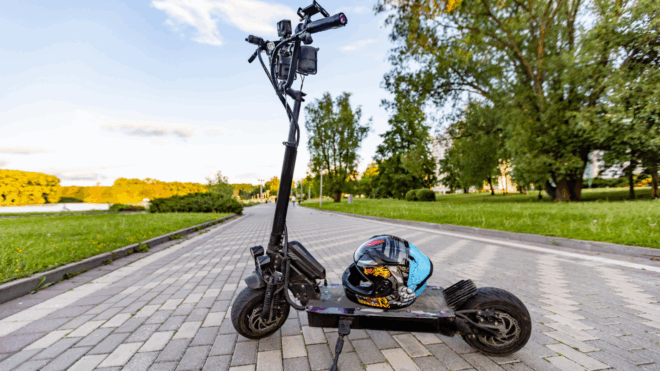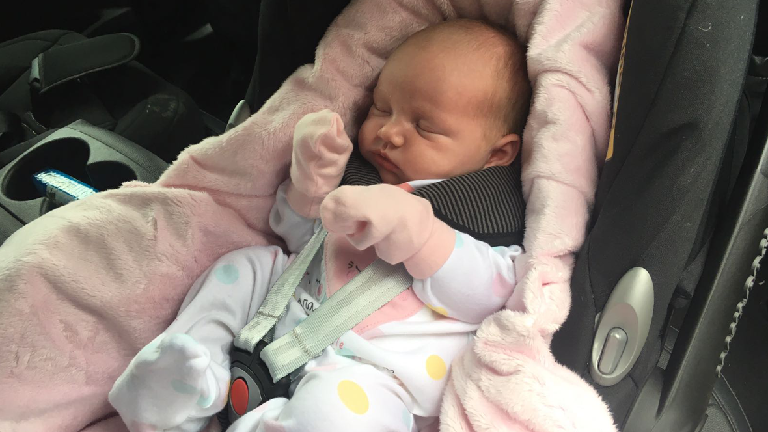
The car can be a magical retreat for some new parents as a place where their little ones actually stop crying and fall asleep. That's why when one couple ran into traffic while driving home with their newborn and 3-year-old, they didn't particularly mind. However, 3-week-old Harper almost died from this delay, and now her parents, Kirsti and Christopher Clark, are speaking out to warn others about the one thing they wish they knew: It seriously matters how long your newborn is left in his or her car seat.
Harper started having a serious seizure as soon as she was taken out of her car seat.
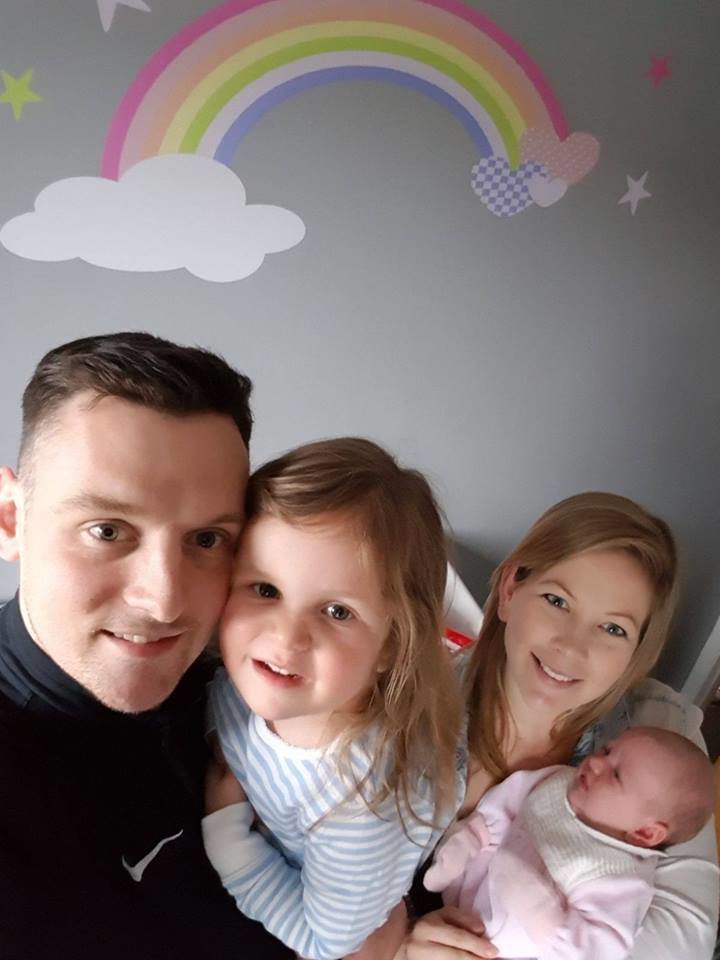
When the Scottish parents got home from their nearly two-hour errand trip, they brought their daughters inside and kept Harper in her car seat for 15 minutes as they tucked Malena into bed, since it was past her bedtime. "My husband got Harper out and put her on his knee but she looked like she couldn't get comfy so he laid her down on her mat and she was kicking about," Kirsti said, according to the Daily Mail. "I told him her lips looked blue and then he pointed out how red her cheeks were. He picked her up and I could tell straight away from his face that something was wrong."
The horrified parents rushed Harper to the hospital as she foamed at the mouth.
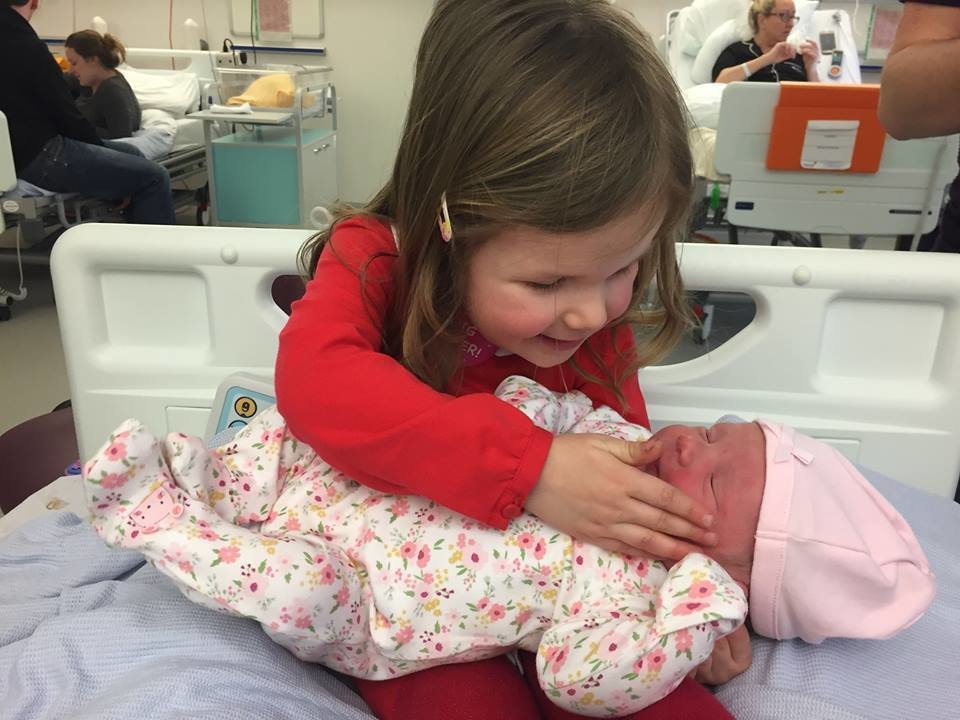
As Christopher held her, Harper's jaw clenched shut, her lips turned blue, and then white foam started coming out of her nose and mouth. "It was so scary. My husband was holding her and patting her back and I was trying to get her mouth open to make sure she didn't swallow her tongue but her jaw was clenched shut," she said. "It wasn't like a normal seizure, she was arching her back and throwing her head back."
It only took the horrified parents five minutes to get their children back in the car and make the short drive to the hospital, but that didn't feel fast enough. "The car journey was horrendous. I was trying to make sure she was breathing but I was shaking so much I couldn't tell," she said. "The whole way there all I could think was 'we are going to lose her.'"
Thankfully, doctors were able to get Harper breathing again and immediately started doing tests to find out what had caused this.
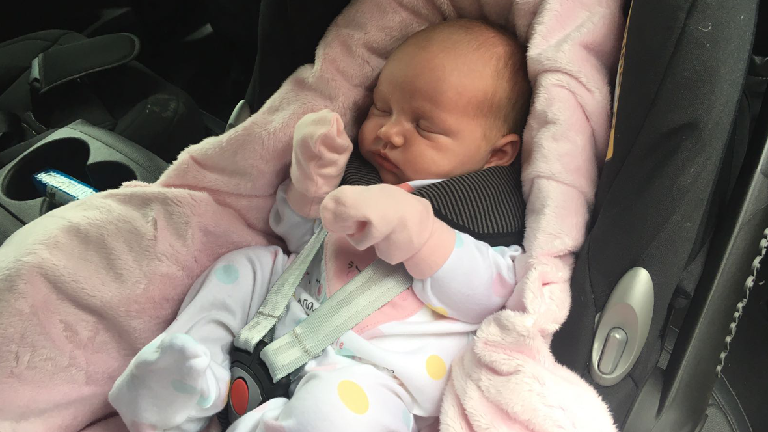
After learning that Harper had been in her car seat for nearly an hour and 45 minutes during the drive home and then another 15 minutes while Malena was tucked in, doctors realized that this was the cause. According to Kirsti, they explained that being in the car seat that long had deprived Harper of oxygen, and it was so severe that once she was taken out of the car seat, the immediate increase of oxygen put her body in shock.
Tests confirmed that Harper is otherwise perfectly healthy and her car seat was ruled completely safe, but doctors warned them that no baby should be in a car seat for longer than an hour or else he or she can suffer from oxygen deprivation. "When the consultant told us it was the car seat I couldn't believe it. I thought 'there's no way,'" she said. "I couldn't understand why nobody had ever told us. We had obviously heard about not keeping babies in car seats overnight because it causes curvature of the spine but not about anything like this."
A baby's age can also play into how long he or she can safely sit in a car seat.
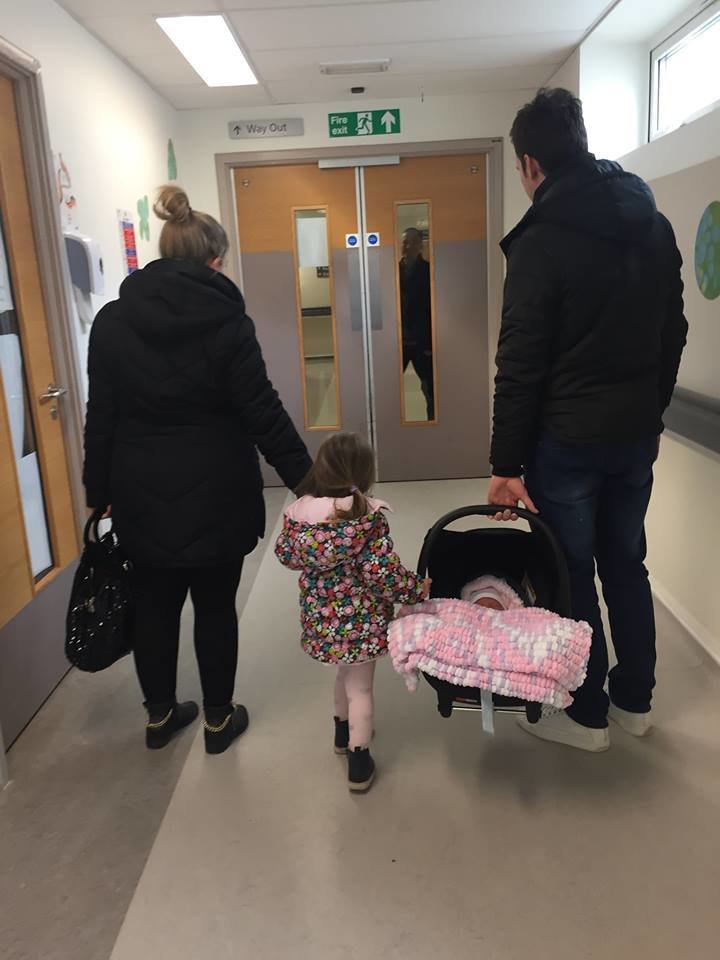
After a 2016 study found that babies 4 weeks and under are at greater risk for having trouble breathing while sitting in their car seats, doctors urged parents to limit any drives over 30 minutes.
But even if you have older babies who can stay in a car seat longer, it's important not to let them continue sleeping in it once you get home. A separate study from the Children's Hospital Medical Center in Ohio found that the leading cause of death during a baby's first year is sleep-related — and incorrect use of car seats plays into this. "Car seats should not be used as sleeping areas outside of the vehicle, and children should never be in a car seat with unbuckled or partially buckled straps," the researchers stated. That's because babies can slouch down and the restraints can actually cut off oxygen, without the parents' knowledge that they're suffering from asphyxiation.
Harper's parents had no idea that they put their daughter at risk -- and now they're warning others.
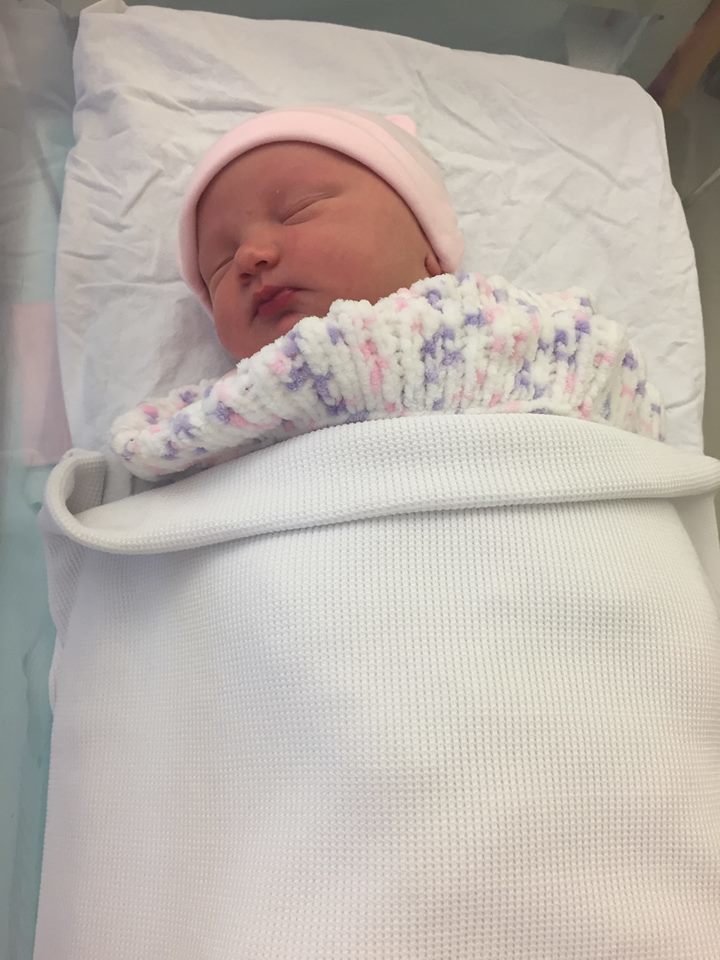
Although Kirsti still gets emotional thinking about the ordeal, she hopes to raise awareness for new parents. "We knew we had to share what happened to Harper because parents need to know," she said. "Just two hours in a car seat and we could have lost her, it's terrifying."
"I would tell every parent to just really carefully watch their babies and if they don't absolutely need to be in the car seat take them out because it is not worth what we had to go through," she added. "Watch your baby and know your baby. If something doesn't seem quite right take them straight to hospital."


